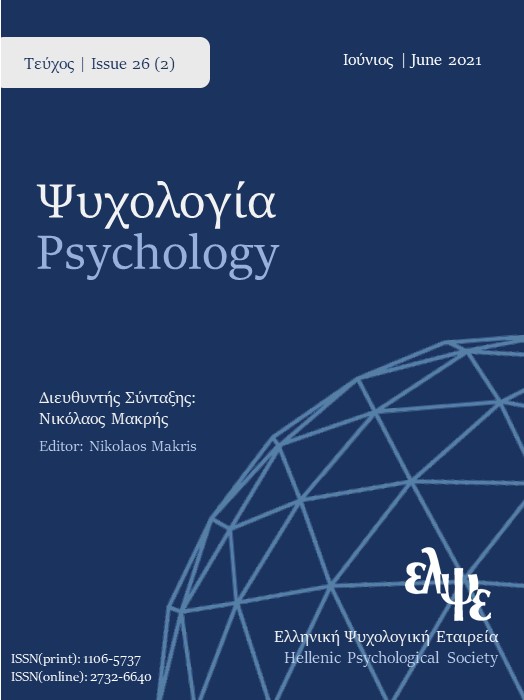The therapeutic relationship in clinical and counseling psychology

Abstract
The introductory article of this special issue presents the therapeutic relationship in clinical and counseling psychology in order to highlight their similarities and their differences. Initially, reference is made to the particular characteristics of the therapeutic relationship from the point of view of clinical psychology followed by the specific characteristics of the therapeutic relationship as supported by counseling psychology. As can be seen from the position taken by both authors, recent developments in both applied fields show a gradual convergence in terms of the psychotherapy followed. Although at the beginning their differences seemed very obvious, through the years and their historical development, they have gradually faded away, allowing their similarities to stand out based on the philosophical movements, their theoretical views and their scientific interventions. The convergence of clinical and counseling psychology, in terms of the factors building the therapeutic relationship, emphasize their mutual acceptance of concepts, goals and processes.
Article Details
- How to Cite
-
Kalantzi-Azizi, A., & Malikiosi-Loizos, M. (2021). The therapeutic relationship in clinical and counseling psychology. Psychology: The Journal of the Hellenic Psychological Society, 26(2), 1–7. https://doi.org/10.12681/psy_hps.26866
- Section
- SPECIAL SECTION

This work is licensed under a Creative Commons Attribution-ShareAlike 4.0 International License.
The journal PSYCHOLOGY adopts a Platinum open-access policy. Submission, processing or publication costs are waived by the Hellenic Psychological Society. Papers published in the journal PSYCHOLOGY are licensed under a 'Creative Commons Attribution-ShareAlike 4.0 International' licence. The authors reserve the copyright of their work and grant the journal the right of its first publication. Third-party licensees are allowed to use the published paper immediately after publication as they wish, provided they retain the defined by the license copyright formalities, regarding the reference to its author(s) and its initial publication in the journal PSYCHOLOGY. Moreover, any adjusted work should be shared under the same reuse rights, so with the same CC license.




